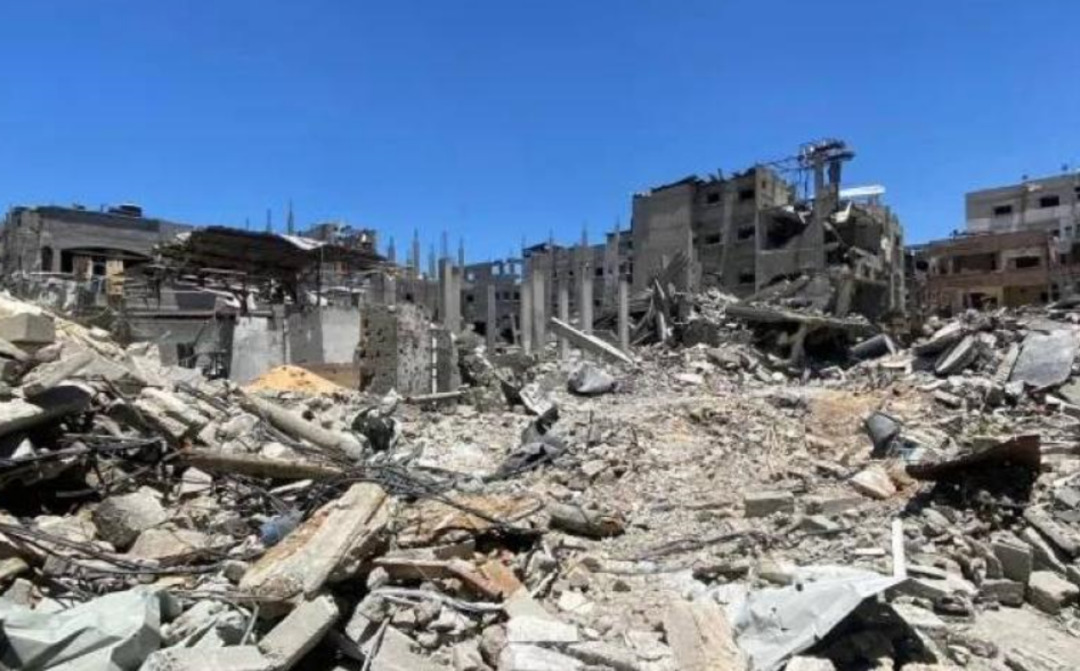-
The Occupation Threatens Gaza: Israeli Preparations to Storm Gaza City Amid Calls for Ceasefire

As international calls for a ceasefire and urgent intervention to end the humanitarian catastrophe intensify, reports continue of the Israeli military preparations to storm and occupy Gaza City, raising significant concerns about the humanitarian and political repercussions of this step. Gaza, already suffering from fierce bombing and severe shortages of food and medicine, faces a more dangerous scenario that could exacerbate the suffering of its residents.
City residents express deep concern that a direct occupation would lead to the collapse of the remaining infrastructure, increase internal displacement, and spread famine and disease due to ongoing siege. Many observers believe that invading Gaza would put more than two million people at risk of an unprecedented disaster, as basic elements of dignified living disappear.
In this context, civilians are repeatedly appealing to external leadership, especially Khalil al-Hayya, urging them to do everything possible to stop the aggression and to save innocent lives. Residents emphasize that the continuation of the war is no longer just threatening fighters' lives or military infrastructure, but is now killing civilians living under the weight of hunger, fear, and daily death.
Popular calls coincide with increasing international positions calling for a ceasefire and urgent political solutions. However, field indicators suggest that Israel is determined to continue its military escalation, viewing control over Gaza as a strategic step to weaken Palestinian factions and impose a new reality.
However, analysts warn that this move could have adverse results; instead of achieving stability, it could ignite a new wave of anger at the popular and regional levels and lead to an expansion of violence. With the absence of any prospects for a comprehensive political solution, civilians in Gaza remain the biggest losers—caught between the conflicting parties’ calculations and paying a heavy price in blood and their future.
While the specter of imminent occupation persists, the key question remains: will popular and international pressure succeed in halting the war before Gaza turns into an irreparable battleground of destruction?
You May Also Like
Popular Posts
Caricature
opinion
Report
ads
Newsletter
Subscribe to our mailing list to get the new updates!






















